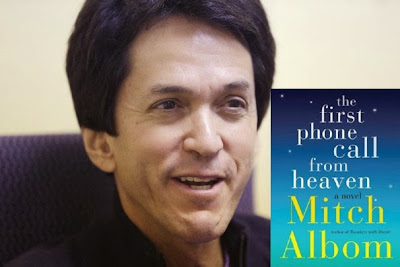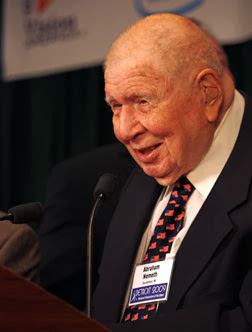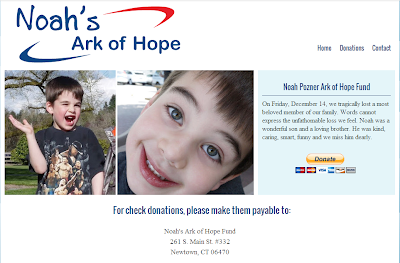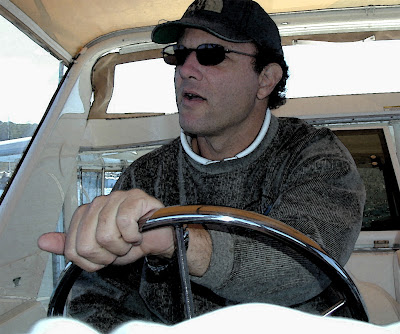Originally published in the Detroit Jewish News
When Sharon Rosen’s mother passed away in July 2009 she had the same eye-opening realization that many survivors do during the week of shivah: The death of a loved one can be a stressful, anxiety-ridden time. Overwhelmed with sadness and the reality of her loss, Rosen experienced planning a funeral and coordination of shivah in her home for the first time.
During the shivah period, Rosen felt like she took on the job of logistics director and wasn’t able to be fully in the moment to reflect on her loss. She was frustrated with all of the planning taking place for the shivah at her home. Even though friends were taking care of many things, it was still a hectic, difficult time for her.
Friends sent food for the mourners gathered at Rosen’s home, but despite their best intentions, some of the platters were delivered when there was already ample food and no room to refrigerate the remaining food overnight. Questions and concerns about food created unnecessary additional anxiety. Rosen felt like she had lost control as friends gathered in her home for a week, cleaning, setting out food and rearranging furniture.
Rosen used this stressful experience to create an innovative new website so others mourning the death of a loved one could find shivah to be an easier ritual. Realizing that increasing numbers of people rely on the Internet for information and as a convenient way to communicate, Rosen created a comprehensive website that organizes every aspect of the shivah experience. She dedicated the new endeavor to her mother’s memory and, after a year of research, design and building, she launched ShivaConnect.com.
“I thought of other registry technologies like a wedding registry or baby registry where information is posted, and I worked with my programmer to develop a shivah registry,” Rosen said.
What Rosen created was a quick and convenient way to connect with people online. Recognizing that mourners have several matters to take care of immediately following a death, the site allows for the quick entry of information and creates a link to the registry that is sent to the creator of the registry entry and is additionally emailed, texted or tweeted to relatives and friends. There is also a “Search for a Registry” option on the site, but the registries are not visible to search engines and a lock-down privacy option is possible.
Visitors can express their condolences and learn about the Jewish mourning rituals from educational articles. A yahrzeit reminder feature will email annual notices like many funeral home websites. A zip code search is built in to locate food options to send to the shivah home. Additionally, a link to ShivaConnect’s donation section is provided, where visitors find direct links to charity website donation portals.
Rosen has extended an invitation to hospices, funeral homes, synagogues and Jewish organizations to be listed as “Helpful Resources,” with links to facilitate charitable donations. Many synagogues are using the site to enhance the support they already provide to their members to inform of deaths.
In the past year, ShivaConnect boasted more than 75,000 page views with about 20,000 unique visitors. Rosen is looking to social media to help publicize the site. As the site has grown, she frequently posts updates about ShivaConnect on her personal and public Facebook pages, and on LinkedIn, Yahoo Groups and Twitter.
Rosen has become something of an expert on shivah observance. She recently spoke at the National Institute for Jewish Hospice’s annual conference hosted by its president Rabbi Dr. Maurice Lamm.
How has ShivaConnect.com begun to make shivah observance more manageable and less stressful?
“Nothing can ease the pain of loss, but the convenience and accessibility of the Internet to learn about sitting shivah can be tremendously helpful,” Rosen explained. “ShivaConnect also is serving as an outreach tool, providing information to non-practicing and unaffiliated Jews who want to honor a Jewish relative and want to learn more.”
In Rosen’s home state of Florida, 30 funeral homes are participating in ShivaConnect. There is no charge to funeral homes to be listed and no charge to synagogues to use the service, but Rosen allows some food establishments and florists to advertise on the site for a fee.
What began with an anxiety-ridden experience has turned into a meaningful way to honor her beloved mother’s life and make grieving a little easier for others. While observing shivah will never be totally stress-free, Rosen’s ShivaConnect has utilized the technology of the Web to provide the right resources to simplify the process.
(c) Rabbi Jason Miller | http://blog.rabbijason.com | Twitter: @RabbiJason | facebook.com/rabbijasonmiller










